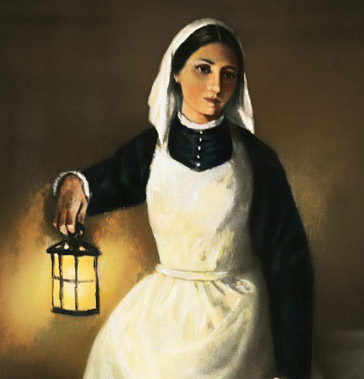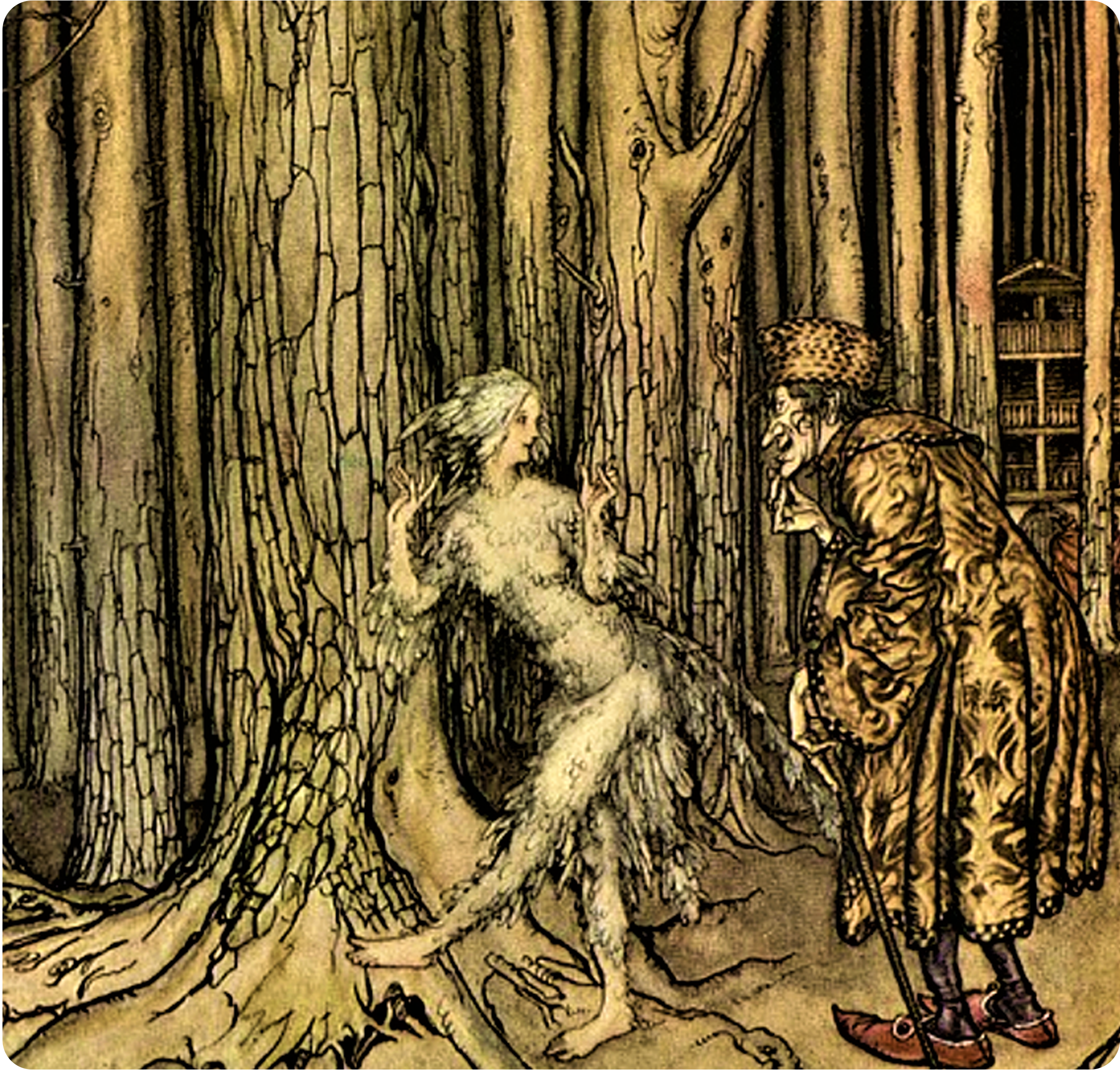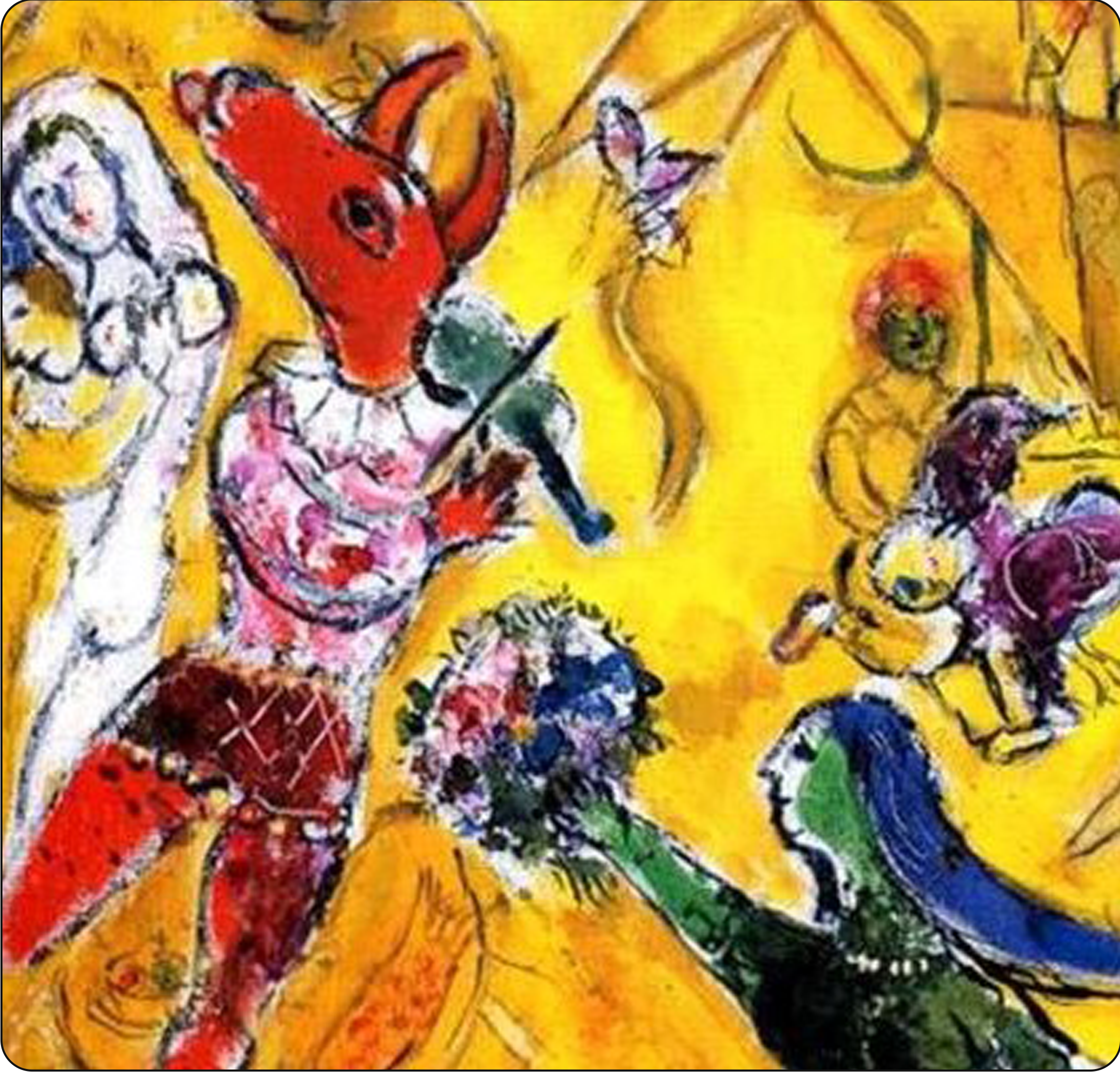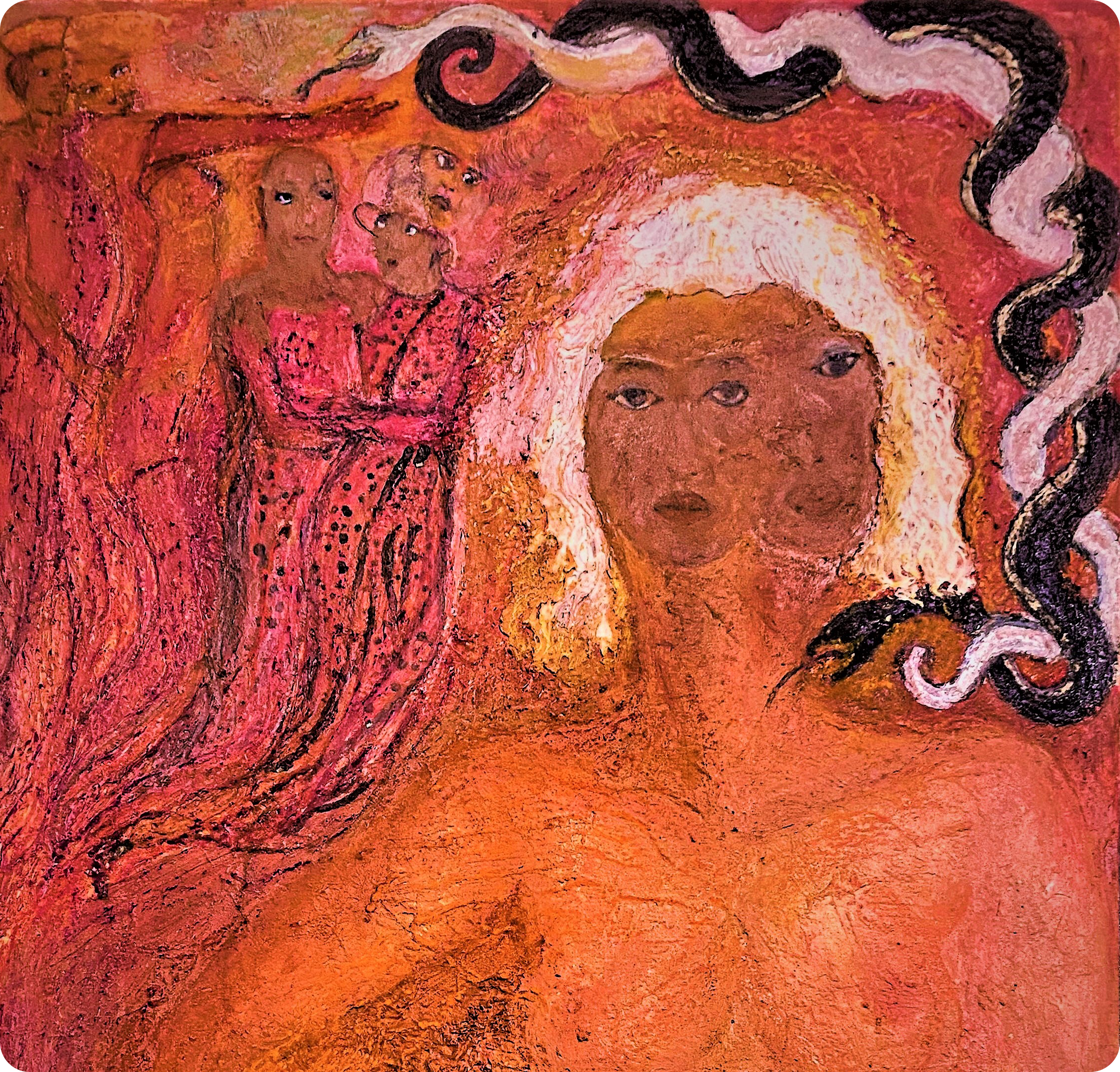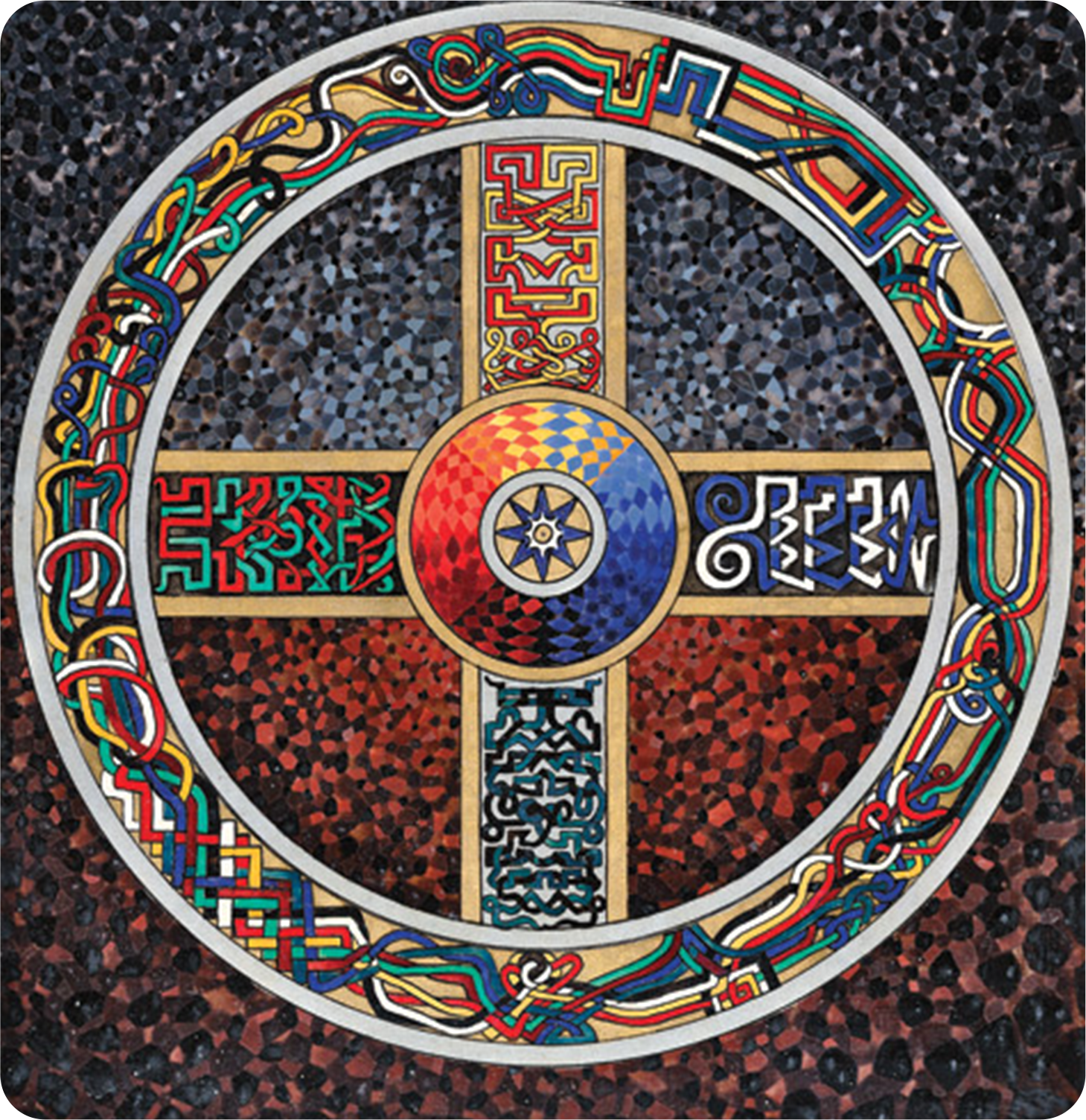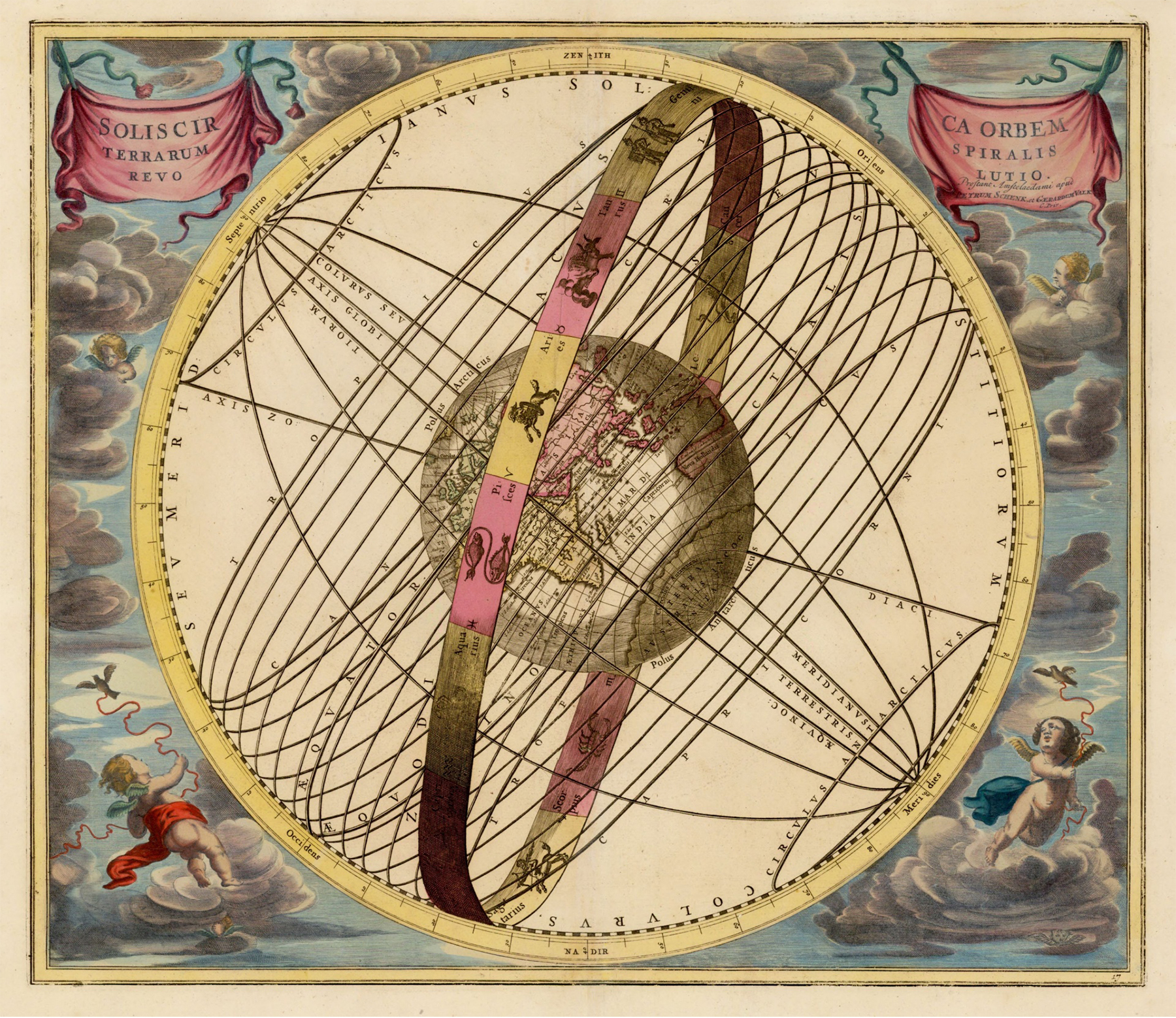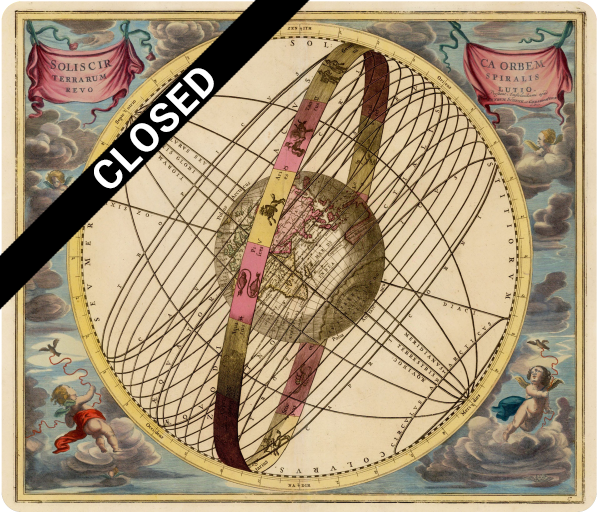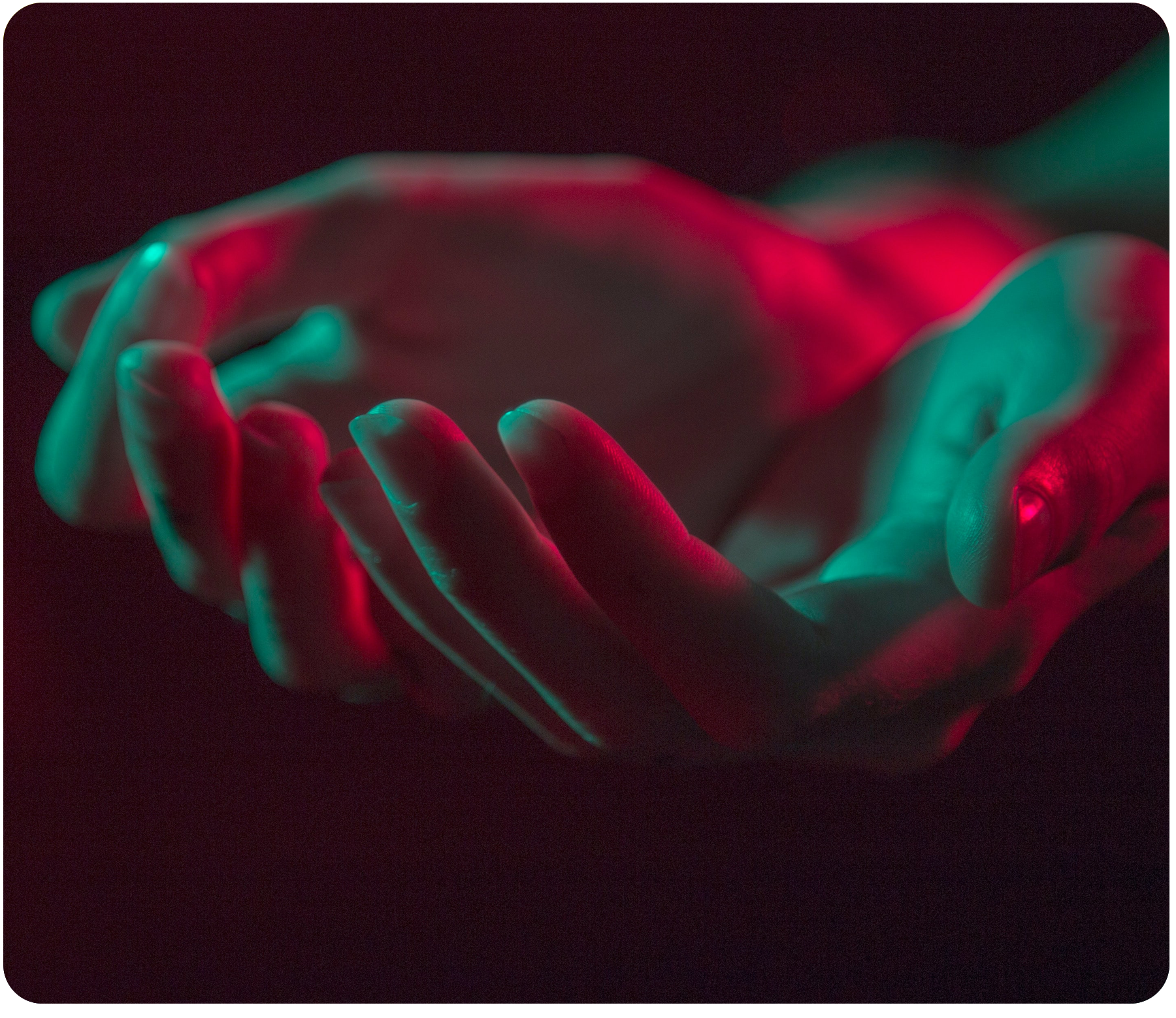5 consecutive Tuesdays, 6:00 – 7:30 pm
Beginning July 7
Instructor: Irina Doctoroff, LMFT, LP
7.5 CE contact hours for licensed NYS Social Workers, Psychoanalysts and Creative Arts Therapists.
The Caretaker Complex is one of identity which is formed early in childhood when a parent sees her child as an object she owns for her own needs and forces the child to fit into the mold of her expectations. Primarily the mother expects the child to take care of her. As adults, such children continues to serve, take care of, and accommodate other people, often at their own expense. We often meet caretaker-identified people in healing and teaching professions. What brings them to therapy is their inability to have full access to their creativity, and to experience true happiness and pleasure.
In this course, we will explore the formation, development, and treatment of the “caretaker personality.” The nature of caretakers’ original wound suggests that a crucial task for them is to allow themselves to be taken care of and be able to own and express their needs and wants. We will also discuss the caretaker personality from a historical and cultural perspective and relate it to the state of the Feminine in our patriarchal society.
Learning Objectives:
On completion of this class, you will be able to:
- Define the Caretaker complex in terms of its nature and structure.
- Discuss mechanisms through which the Caretaker complex is formed from a Jungian and psychoanalytic perspective.
- Engage in several practices for the transformation of the negative aspects of the Caretaker complex through creative drawing and active imagination.
- Demonstrate how the formation of the Caretaker complex is connected to broader social and cultural structures and how it challenges traditional ideas of masculinity and femininity.
- Utilize myths and fairy tales to further analyze the Caretaker complex.
- Apply theoretical knowledge to clinical cases.
FACULTY
William Baker, PsyD, is a clinical psychologist and psychoanalyst in private practice in New York City. He is currently on the faculty at the Ferkauf Graduate School of Psychology at Yeshiva University, the William Alanson White Institute, and the Philadelphia Association of Jungian Analysts and serves as a member of the editorial staff at the Journal of Analytical Psychology.
Irina Doctoroff, LMFT, LP, was originally trained as a Marriage and Family Therapist at the University of Maryland. She is a Jungian analyst in private practice in Manhattan, who received her training at the C.G. Jung Institute of New York. She is a faculty member of the C.G. Jung Institute of New York and the C.G. Jung Foundation. This program is based on her long-term work in a county clinic with children and families, as well as with individuals in private practice.
Royce Froehlich, PhD, MDiv, LCSW-R, is a Jungian analyst in private practice in NYC. He is a graduate of Union Theological Seminary, Columbia University, The New School for Social Research, and the C.G. Jung Institute of New York. He holds a doctorate in media studies, and masters’ degrees in theology and social work. Along with his private psychotherapeutic practice, he is an instructor, supervisor and training analyst at the C.G. Jung Institute of New York.
Maxson J. McDowell, PhD, LMSW, LP, is a senior Jungian analyst in private practice in New York City. Former President of the C.G. Jung Foundation for Analytical Psychology, he is also a longtime faculty member. He has taught courses in dream interpretation online and in person for over 25 years. He has published numerous papers on dream interpretation, Jungian psychology, narcissistic injury, systems theory and autism.
Faculty
William Baker, PsyD, is a clinical psychologist and psychoanalyst in private practice in New York City. He is currently on the faculty at the Ferkauf Graduate School of Psychology at Yeshiva University, the William Alanson White Institute, and the Philadelphia Association of Jungian Analysts and serves as a member of the editorial staff at the Journal of Analytical Psychology.
Irina Doctoroff, LMFT, LP, was originally trained as a Marriage and Family Therapist at the University of Maryland. She is a Jungian analyst in private practice in Manhattan, who received her training at the C.G. Jung Institute of New York. She is a faculty member of the C.G. Jung Institute of New York and the C.G. Jung Foundation. This program is based on her long-term work in a county clinic with children and families, as well as with individuals in private practice.
Royce Froehlich, PhD, MDiv, LCSW-R, is a Jungian analyst in private practice in NYC. He is a graduate of Union Theological Seminary, Columbia University, The New School for Social Research, and the C.G. Jung Institute of New York. He holds a doctorate in media studies, and masters’ degrees in theology and social work. Along with his private psychotherapeutic practice, he is an instructor, supervisor and training analyst at the C.G. Jung Institute of New York.
Maxson J. McDowell, PhD, LMSW, LP, is a senior Jungian analyst in private practice in New York City. Former President of the C.G. Jung Foundation for Analytical Psychology, he is also a longtime faculty member. He has taught courses in dream interpretation online and in person for over 25 years. He has published numerous papers on dream interpretation, Jungian psychology, narcissistic injury, systems theory and autism.
Download the Workshop Registration Form
Use this Form for Mail-In or Fax Registration
There are no scholarships or auditor or work-study positions available for these programs and there is no single-course registration.
Program is subject to change without notice.
For those registrants who require lodging, please call the C.G. Jung Foundation at (212) 697-6430 for more information.
The above cost will include:
- All seminars and workshops
- Use of C.G. Jung Center facilities
- Foundation membership for one year
- Continental breakfast provided daily
- Student Dinner, restaurant TBA
- Certificate of Completion for NYS licensed social workers and psychoanalysts
Costs will not include:
- Air and ground transportation
- Meals (except as noted above)
- Individual sightseeing, individual expenses or any item not listed as inclusive with the program
- Hotel fees
Tax Deductions
Seminars of this type usually meet the requirements for IRS tax deduction, but each individual must consult with a professional tax advisor prior to registration to ascertain eligibility.
Program Registration
Detach and return the registration form with your deposit check of $350 per person per session made payable to the C.G. Jung Foundation or credit card information. Your deposit will be considered an entry of payment toward the total program cost.
The balance of your payment is due no later than July 5, 2019. The right is reserved by the sponsoring organization to cancel the program with refund of applicable program cost.
Cancellation of Registration
There will be a cancellation fee of $200 per person on all cancellations received on or before July 5, 2018.No refunds after July 5, 2018. Only cancellations made in writing will be deemed valid.
Disclaimer of Responsibility
By registering for this program, the seminar member specifically waives any and all claims of action against the C.G. Jung Foundation and its staff for damages, loss, injury, accident, or death due to negligence on the part of any organization or employee providing services included in this Summer Study Program.
Program Information
For more information, call or write:
Janet M. Careswell, PhM, Executive Director
The C.G. Jung Foundation of New York
28 East 39th Street
New York, New York 10016
Telephone: (212) 697-6430, Fax: (212) 953-3989
Email: cgjungny@aol.com
General Information
Location
These are all online courses, given through the program Zoom. Please download the Zoom program in advance of the first class session at Zoom.us
Tuition
All 5-week courses are $175 for the general public and $150 for members.
Registration
The full fee must be paid at the time of registration. Please register through the payment buttons on this website. Mail in registration and telephone registration are not available at this time.
Important Notes:
When you pay you must also email your current email address and telephone number to the Foundation at cgjungny@aol.com. The Foundation will send you an email message and you must reply to confirm receipt. If you are taking this course for 7.5 CE contact hours for licensed NYS Social Workers, Psychoanalysts and Creative Arts Therapists, please specify which license you hold and give your NYS license number.
Class size is limited. Early registration is strongly recommended. Refunds for continuing education courses, less $15 for administrative services, will be made up to seven days before the first session. There will be no refunds issued after classes have begun. No exceptions will be made. Programs are subject to change without notice.

